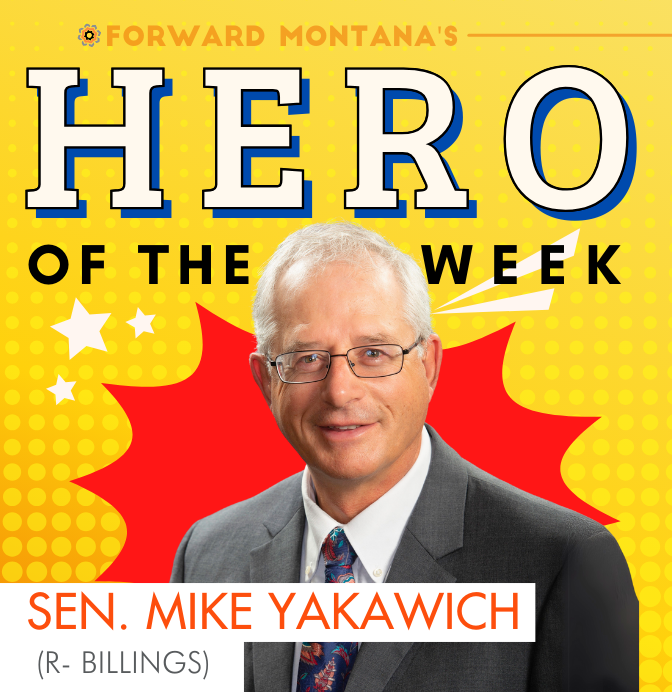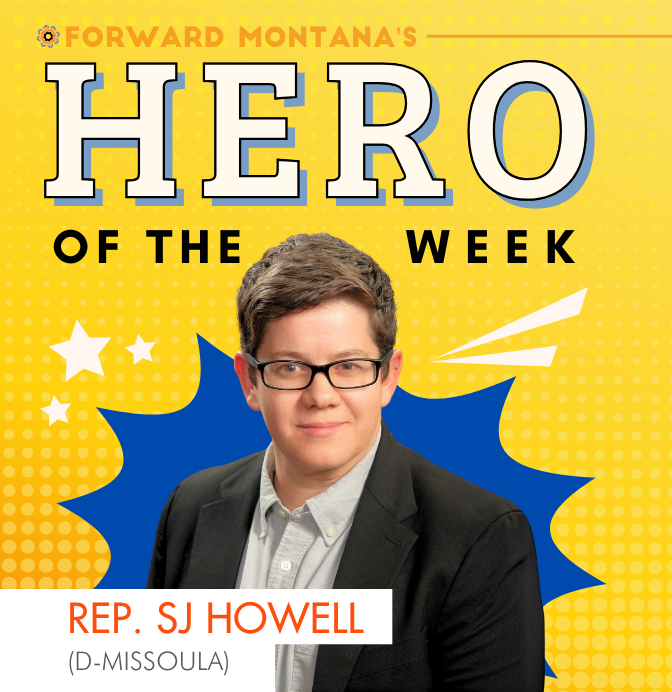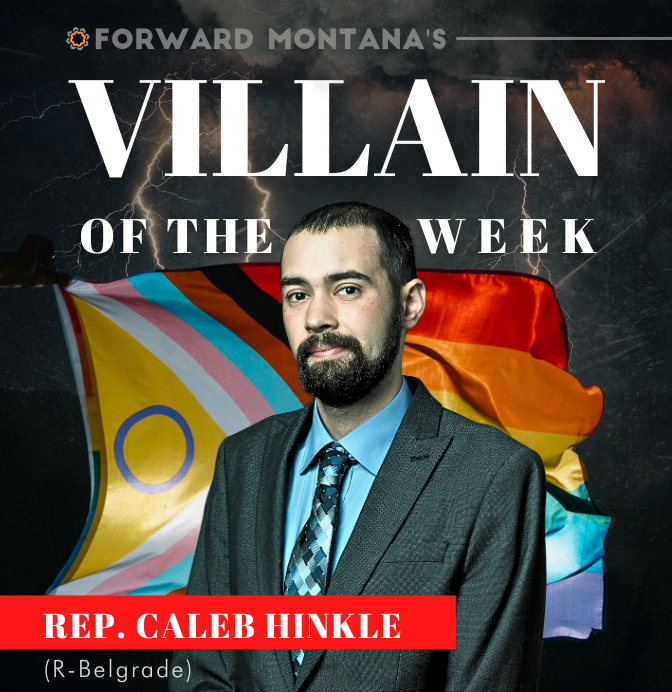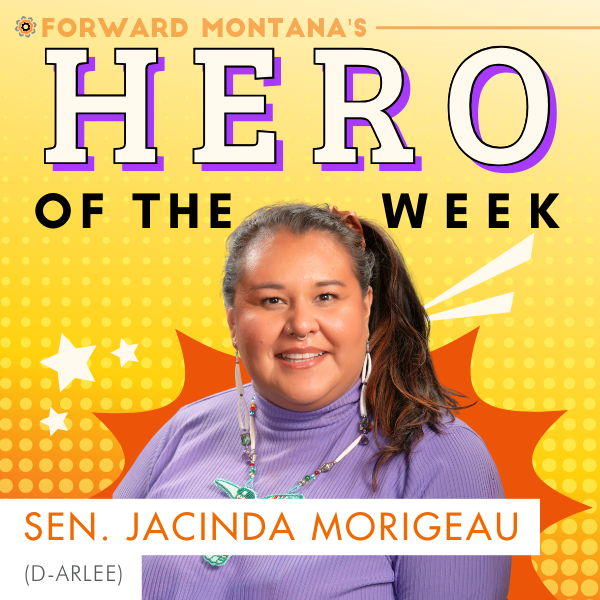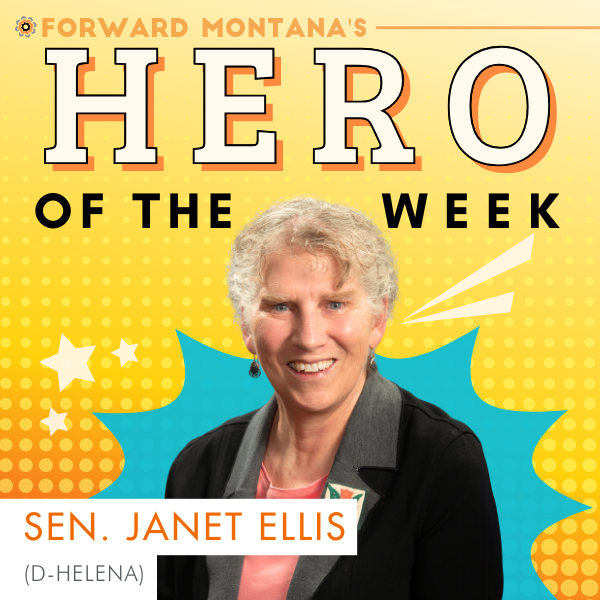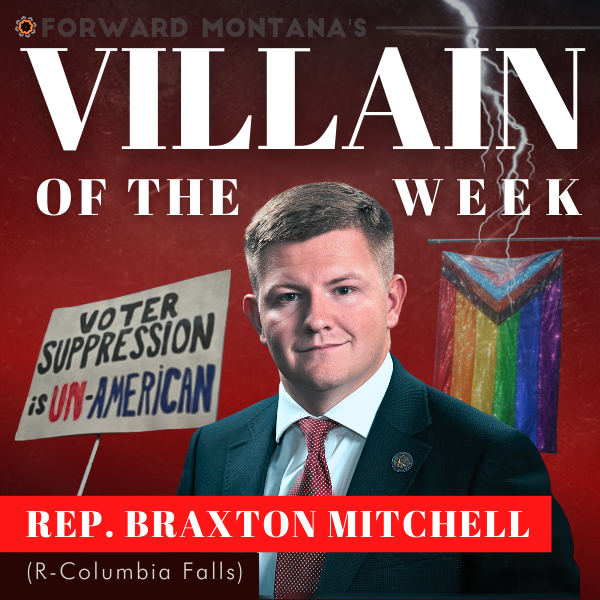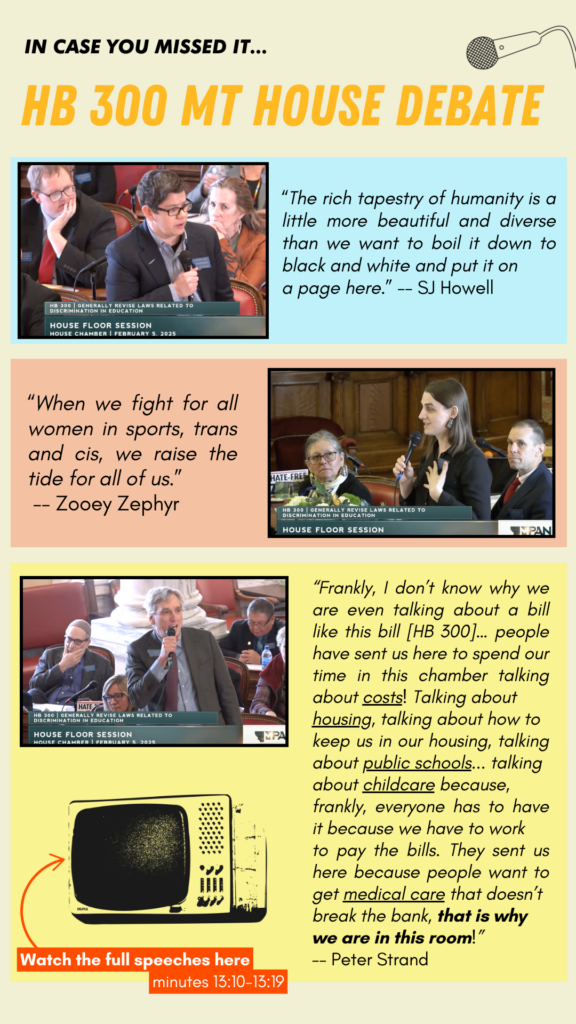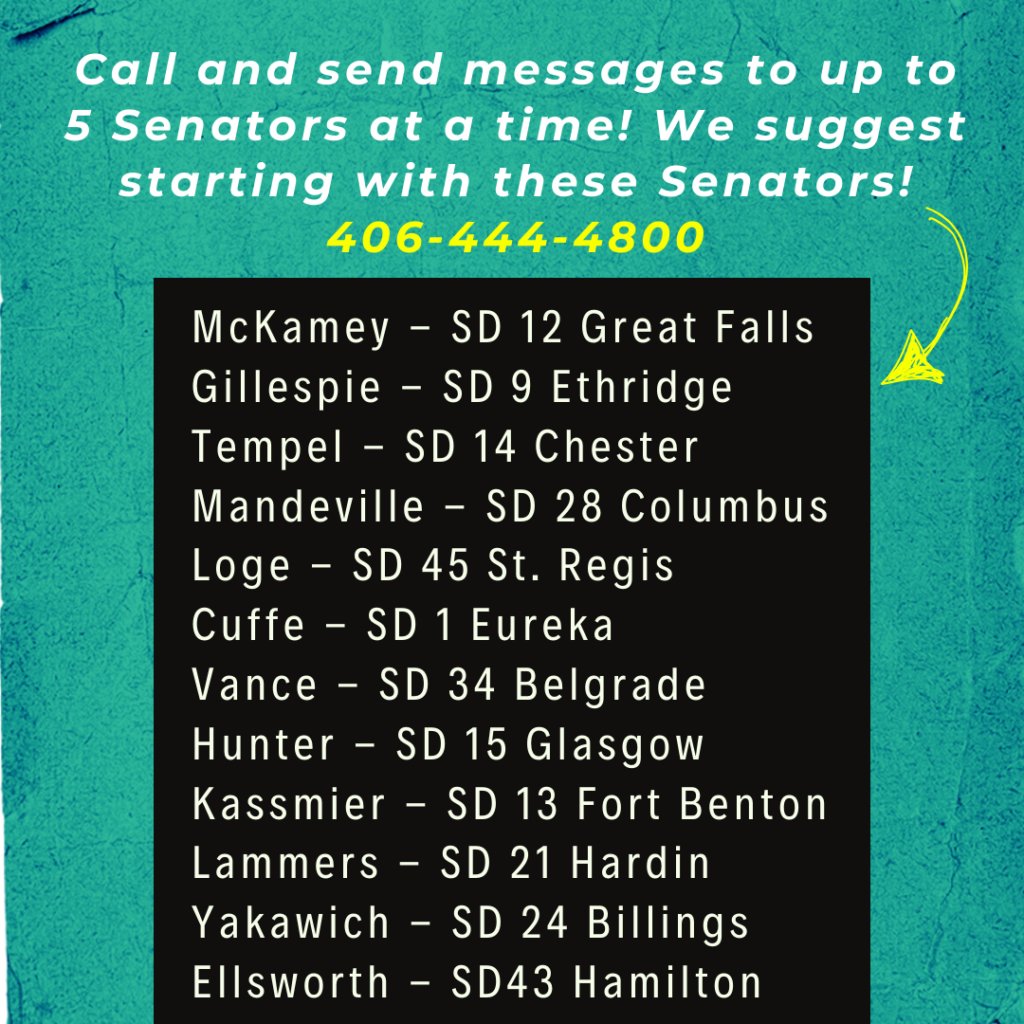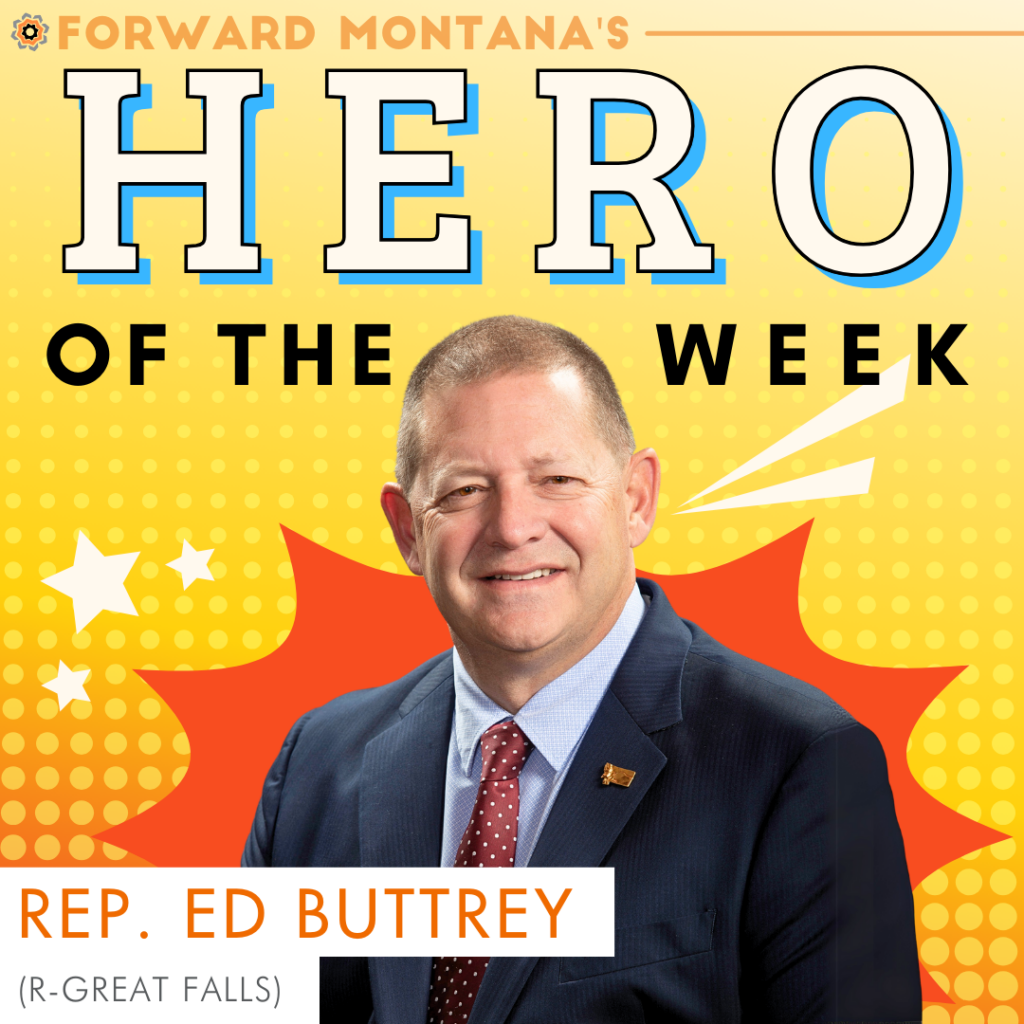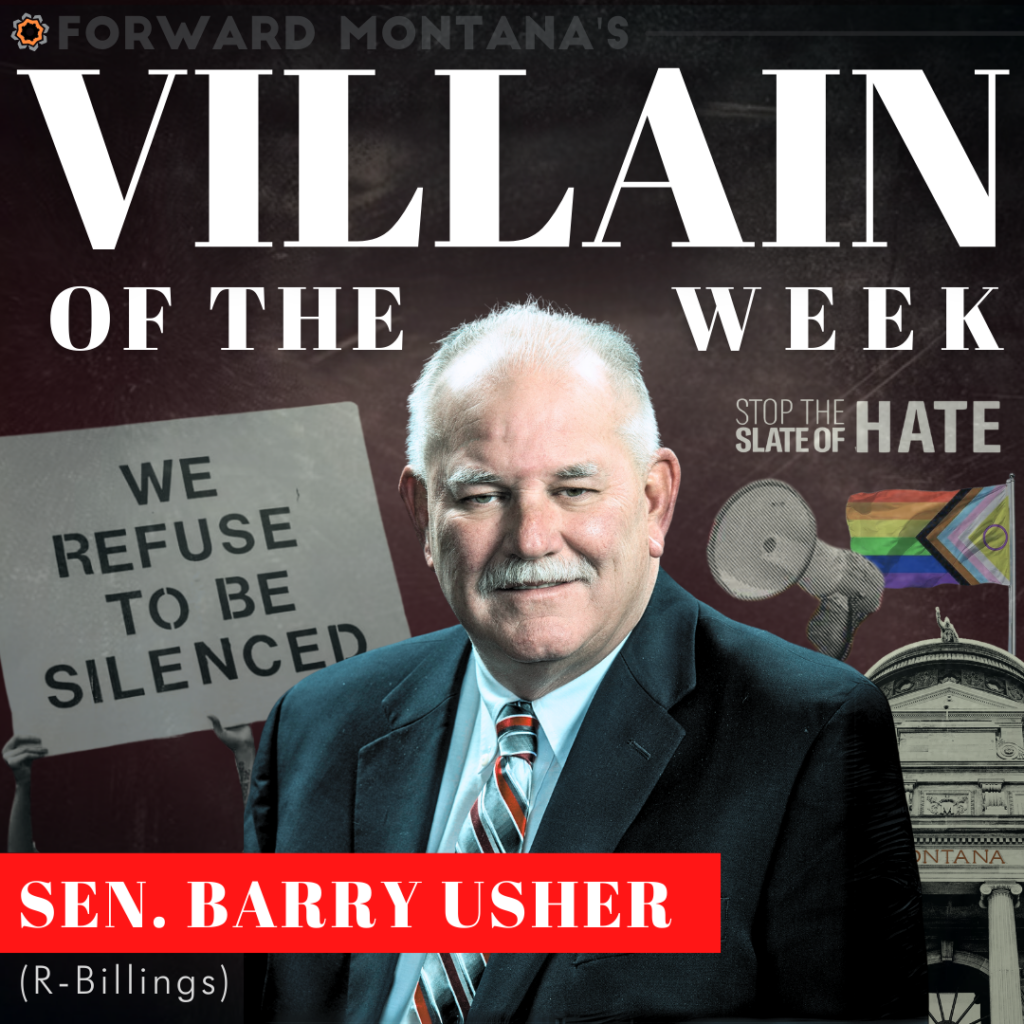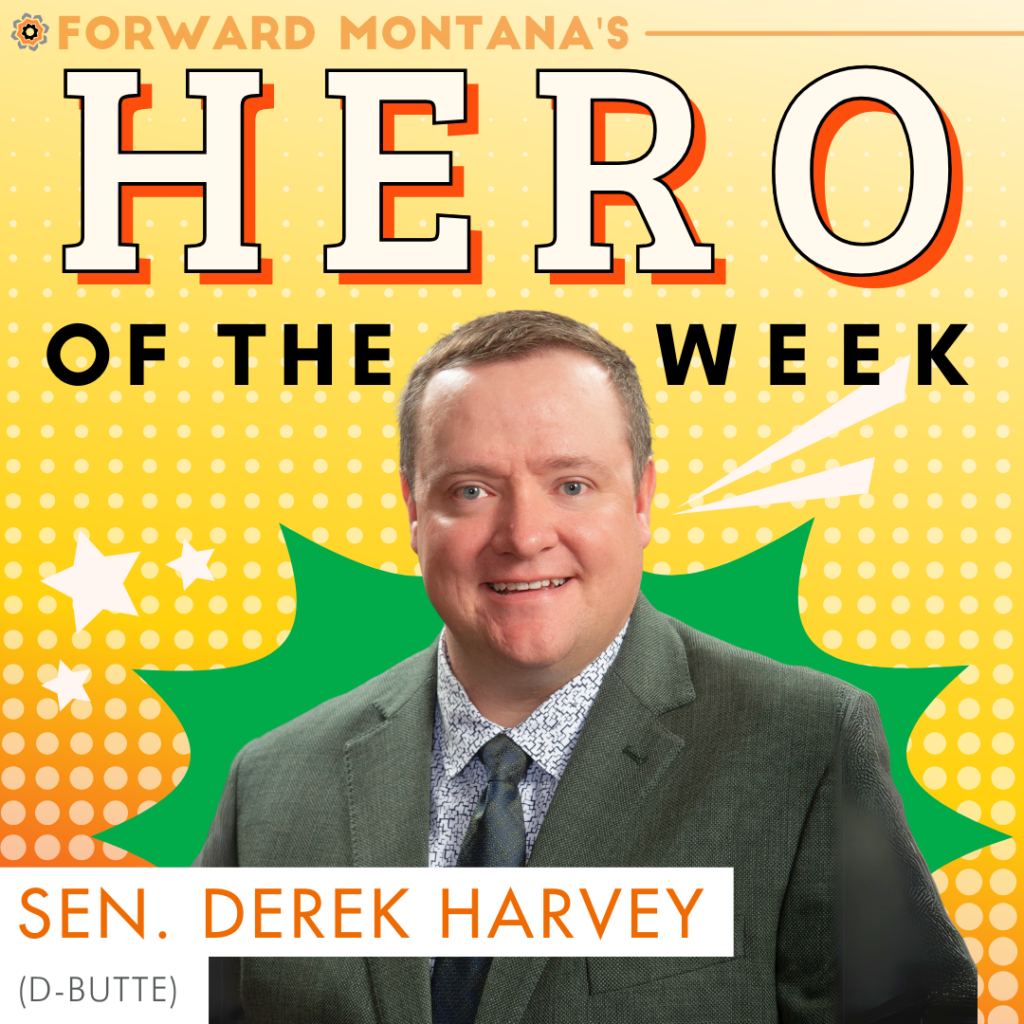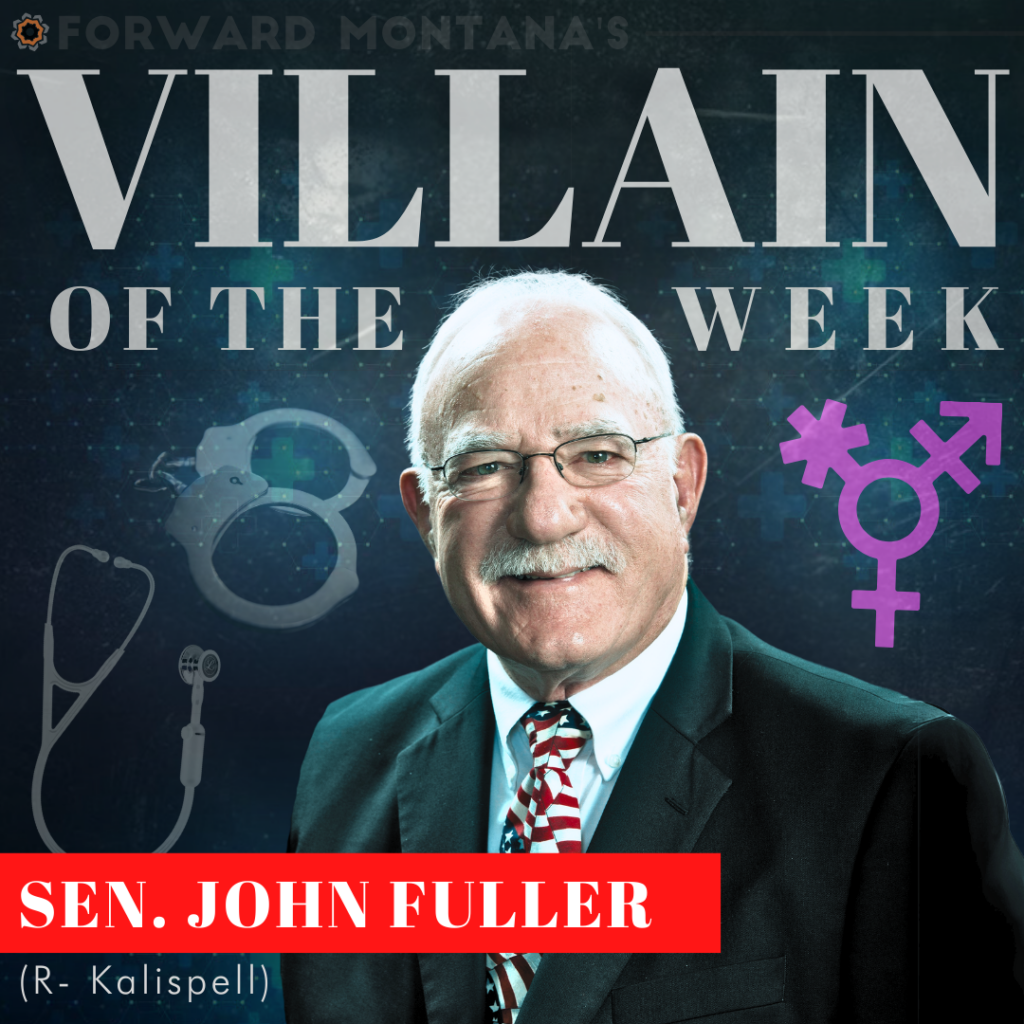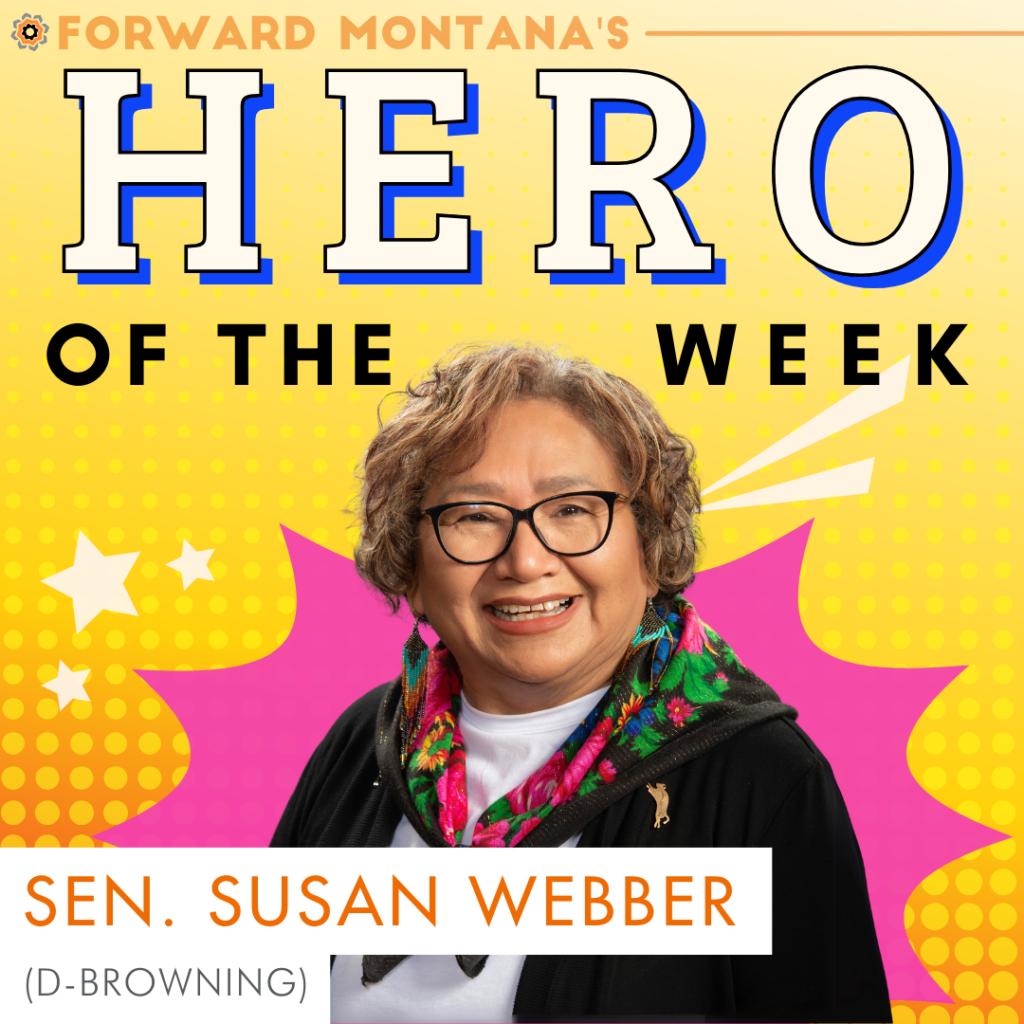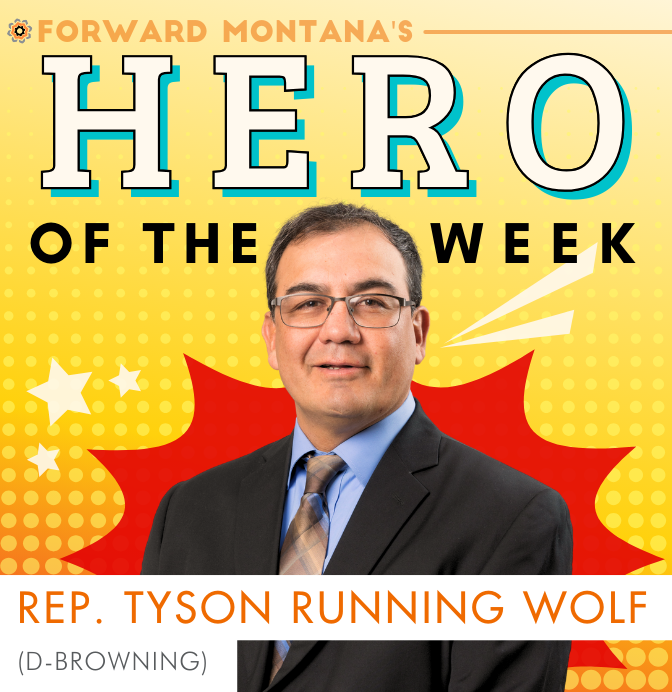Toplines: Don’t Skip The Recap; Your Questions, Answered; Watchlist
Events, Rallies and Gatherings
Tuesday, March 18th from 6-7:30pm at the Headwaters Confluence Center Join us in partnership with TransVisible Montana for our Queer Skillshare: Vision Boarding! Together, we will learn how to use vision boarding to help us clarify our goals as a community, envision success, stay motivated, and strengthen our focus through our art. What are your dreams as an LGBTQ+ Montanan? All supplies will be provided!
Friday, March 21st from 2:30-3:30pm at the UM Branch Center. Join us for our UM Student Group meeting to decompress, talk out strategies, and for organizers and activists of all different realms to come together to a political home, and be in solidarity and community.
Saturday, March 22nd from 4:30-7:30pm at Uptown Hearth in Columbia Falls. Join us for The Making Place’s Art Café Night! This is a perfect chance to engage with the community, support civic participation, and enjoy a creative, welcoming atmosphere. Come for the art, stay for the impact, and help us ensure everyone’s voice is heard before the school board election.
On Wednesday, March 19th at 11am, the Montana Centers for Independent Living (CILs) and The Statewide Independent Living Council (SILC) is holding a Rally Day at 11am in the Capitol Rotunda. This rally is a great opportunity for ANYONE to come show support for legislation that helps people living with disabilities in Montana.
On Thursday, March 27th, MontPIRG will be hosting a Lobby Day at the Montana State Capitol in Helena advocating for students, tenants and general consumer protection issues. Deadline is soon, so sign up ASAP!
DON’T SKIP THE RECAP
Welcome back to the 69th Montana Legislative Session. Friday, March 14th marks the first day back from the ‘transmittal’ break. We hope senators got some rest, because they are jumping right back in, with a Senate Ethics hearing scheduled for both Friday and Saturday – as well as 3 separate Senate Floor sessions.

Took a break from the session and realized you still aren’t sure what a bill even is or how it becomes a law? Makes sense to us. These processes move quickly and are confusing – even legislators have to pause a floor session to look at the rules for how to do their jobs. Let’s get our bearings before we dive back into the policy debate and political intrigue.
Friday, March 14th is day 49 (of 90) that Montana’s 150 legislators meet to find the solutions to the big issues facing our Montana communities and pass a balanced budget – or at least, that is what we expect them to do in Helena. Bills are the way legislators work to get this done. A bill gets a draft number (LC) and then a bill number. Each legislator is able to request an unlimited number of bill drafts – might be why this session we saw 4,440 bill draft requests.

Many of these bills don’t end up moving through the drafting process or acquire a bill number – of the 4,400 bill draft requests over 1,600 received bill numbers. After a bill receives a bill number, it gets its first hearing – and if the majority of the committee members approve of the bill, it heads to the floor.
Committee membership is a powerful strategic tool to filter which types of policies make it to full floor debates, where a bill can be heard by every Representative or Senator. For example, we saw a lot of discriminatory bills make their way out of the House Judiciary committee the past 48 days of session. House and Senate Majority leadership (aka Republicans) are in charge of assigning committee membership, and while the minority party puts forward their choices, the majority leadership ultimately has the final say.
Of the 1400 bills that received hearings, only 678 continue past the transmittal deadline. But that deadline is only the first, of 8, ‘transmittal’ deadlines by bill type, to manage the flow of bills in the law-making process. And while we won’t see another deluge of new bills, the second half of the session has all the same urgency. For any of these 678 bills to become a law, it still needs to make it through a second hearing and second floor debate – and if the language in the bill is changed in any way, things can get trickier to get that bill to the governor’s desk.

If a bill manages to land on the governor’s desk, it could still get struck down by a veto, or sent back to legislators with a partial veto (‘line-item’ veto). It isn’t until a bill receives the governor’s signature that it is officially law.
Phew. We know it’s a lot to keep track of. Check out our MT Legislative Session Resources page anytime you need a refresher.
YOUR QUESTIONS ANSWERED
Does transmittal mean there aren’t any new bills that can be introduced?
No. Bills that spend or raise money and study bills can still be introduced. Both have transmittal deadlines in the next 30 days.
What committees are going to have the most DRAMA to watch in the second half of the session?
House and Senate Judiciary committees and House Appropriations (although the drama is in numbers there).

What bills have y’all seen that would be the most impactful to young people? Good and/or bad.
Our top pick: HB 154, the housing fairness tax credit, which would give young people who rent a financial break on their property taxes.
Our current least favorite: HB 413, a bill that has the potential to prevent students from voting based on a change to how state residency is established.
What is the most unhinged thing you’ve heard so far this session?
The number of times one legislator in the House Judiciary said ‘penis’ into the mic during a bill debate.

What is the most truly SHOCKING thing you have observed this session?
The confidence with which some legislators speak when using discriminatory language.
There were so many bills before the session even started, who decides which ones are going forward? Who has the power to move bills?
Any legislator has the power to move bills, but it is really committees that either stops a bill or keeps it moving.
What is your favorite bill that has been introduced this session?
There have been some great policy proposals, but one of our favorites was SB 220 from Sen. Windy Boy, which would have dramatically expanded access to vote in rural and Indigenous communities across the seven Indian Reservation areas.
Have you seen our legislators’ personal lives impact their
100%. Legislators bring up their personal lives all the time when talking about why they will or won’t support a policy.
Could you describe, in three words, what the people in the senate and house are like?
Senate: Working through feels.
House: A rollercoaster ride.

WATCHLIST

Bills are moving! Here is what we are watching.
On Monday, March 17, we start with a voting rights attack from Rep. Gillette, HB 413. This bill would change the eligibility laws for potential voters and undermine out-of-state college students’ ability to register and vote in Montana. HB 413 will be heard in Senate State Administration – the committee meeting starts at 3pm. Sign up to testify, or message the Senate State Admin committee before the end of the week. Tell them to vote NO on HB 413.
On Tuesday, March 18, we are so excited to testify in support of SB 224 Create Indigenous Peoples Day, from Sen. Shane Morigeau. This bill would finally establish a statewide holiday on the second Monday of October – to honor the histories, cultures, and contributions of contemporary Native peoples. SB 224 has its second hearing in House State Administration, which meets at 10am. Sign up to testify or message the committee before the end of next week. Tell them to vote YES on SB 224.

On Wednesday, March 19, Rep. Karlen will present HB 154 in Senate Taxation. This bill would provide for tax credits for homeowners and renters earning less than $150k annually, helping offset rising property tax costs. Through HB 154, renters would receive relief based on a portion of their rent attributed to property taxes. The committee starts at 9am. Sign up to testify or message the Senate Tax committee before the end of next week. Tell them to vote YES on HB 154.
Follow us for up-to-date calls to action or check out our bill tracker to stay informed.
NO HERO AND VILLAIN
Since legislator’s didn’t meet for most of this week, we have no hero or villain to share. We will leave you with Montana making the national news – for demonstrating the power of courage, relationships, and speaking up.










